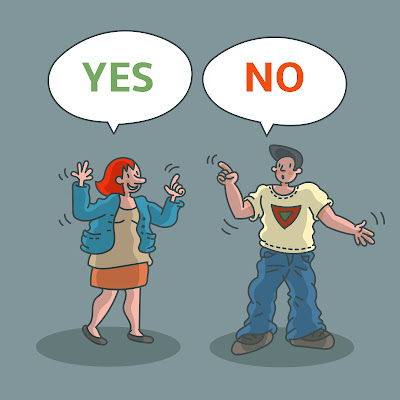The blame game.

No one enjoys taking responsibility when things go wrong. We are all eager to determine why a failure doesn't lie solely on our shoulders or why it's not our fault at all. Blame shifting is a common practice and phrase thrown around in our home. "Well, if she didn't ...then I wouldn't have ... " "If he wasn't didn't say ... then I wouldn't have said ..." Although the blame-shifting technique is prohibited in our family, it still finds its way into many unfortunate situations. Why does it matter? Taking pers onal responsibility helps to ensure the same thing doesn't happen again (and again and again). Situations usually have multiple actors that could all play essential parts in prevention, but what's important is that each player knows their role and how they can personally correct it. You are only able to control yourself, and sometimes, that proves difficult. This is such a basic and juvenile conversation that it would see...



